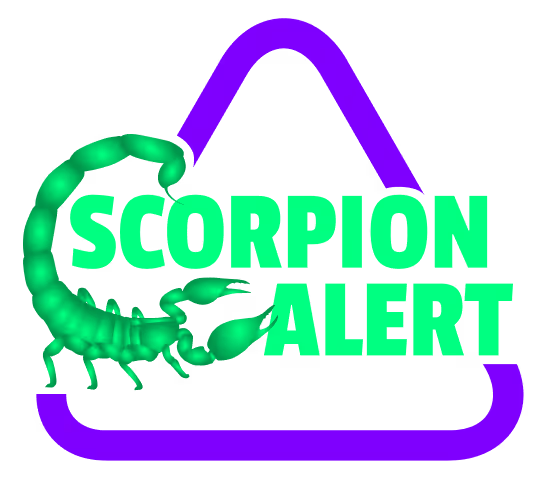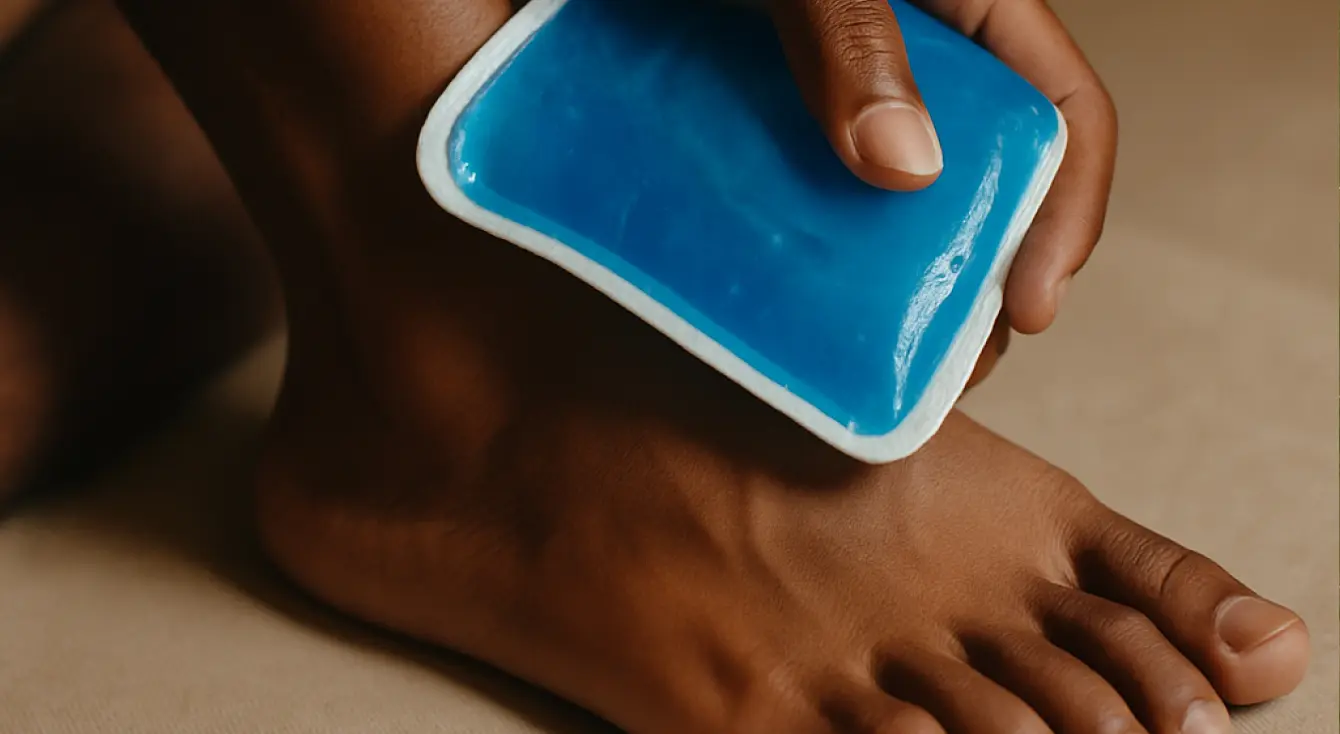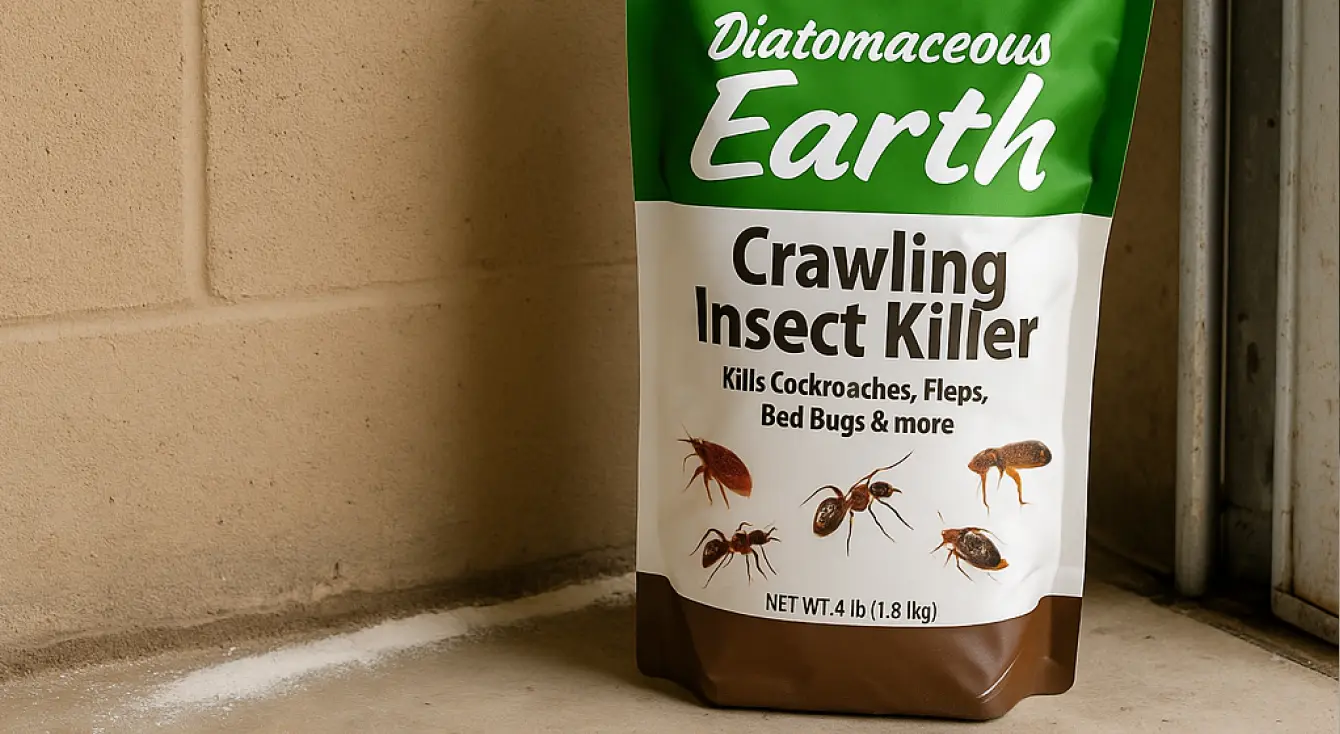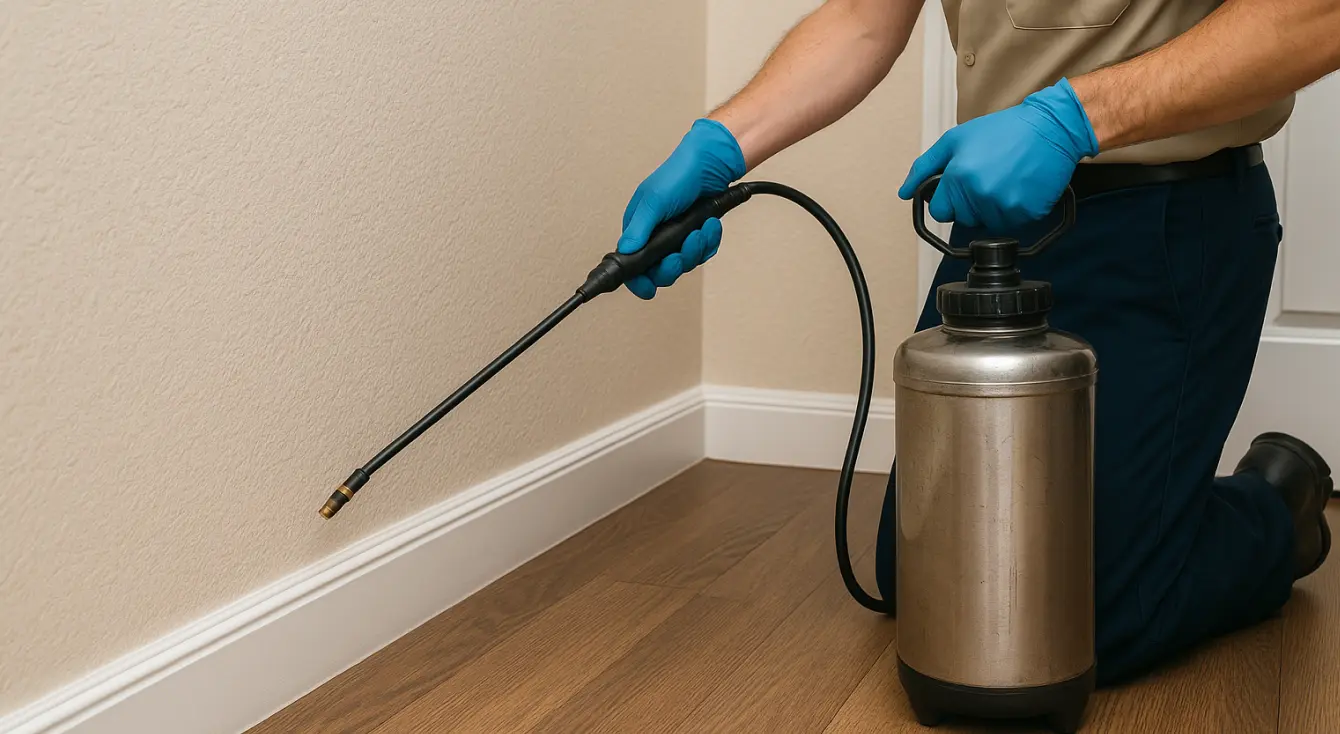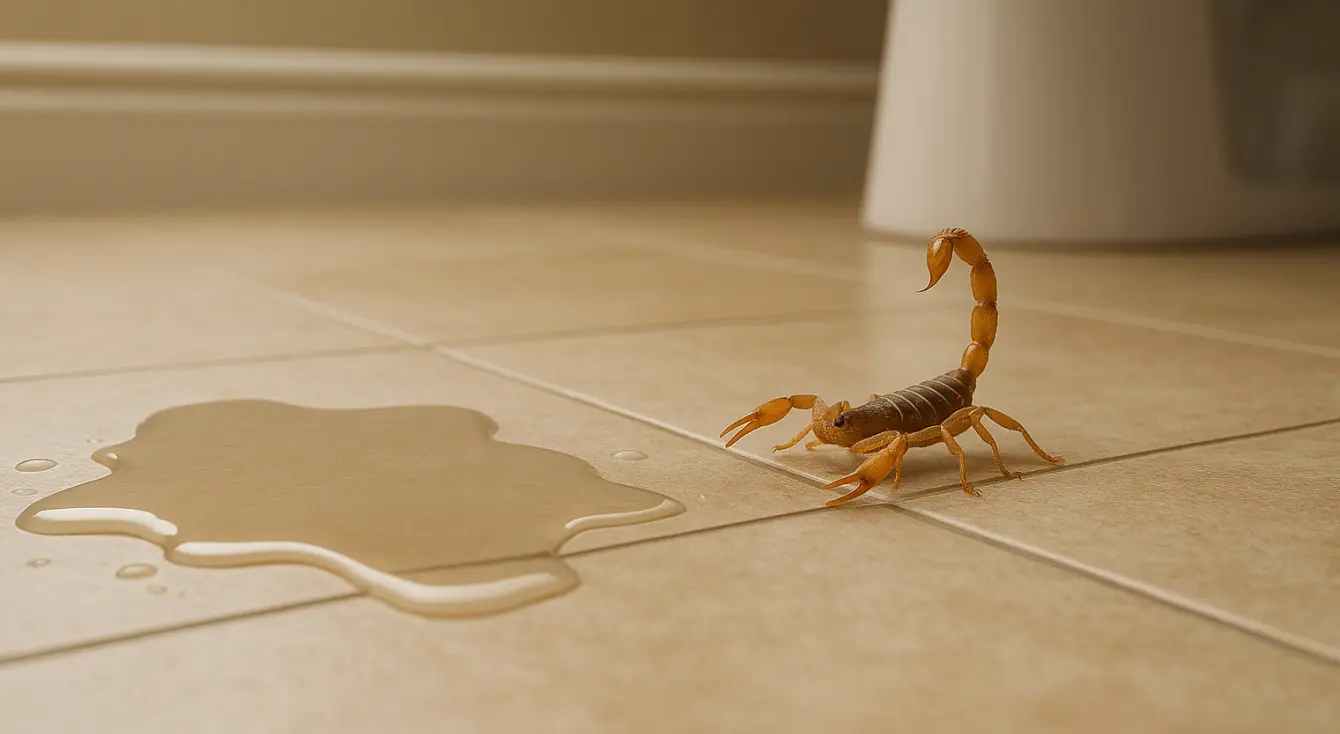Getting stung by a scorpion can be a scary experience—especially if you’re not sure how serious it is. While most stings are not life-threatening, some can cause severe symptoms that require medical attention. Knowing what to do in the moments after a sting can make all the difference.
Here’s what you should do if you’re stung by a scorpion:
1. Stay Calm and Get to a Safe Place
Move away from the scorpion so you don’t get stung again. Try to stay calm—stress and increased heart rate can help the venom spread faster through your body.
2. Wash the Sting Site
Use soap and water to gently clean the area. This helps prevent infection and clears away any venom residue on the skin.
3. Apply a Cold Compress
Use a cold pack or a cloth with ice wrapped inside to reduce swelling and pain. Apply it for 10 minutes at a time, with breaks in between.
4. Monitor Symptoms
Most stings cause localized symptoms like:
- Pain or burning
- Swelling or redness
- Tingling or numbness
In some cases—especially from the Arizona bark scorpion—you may experience more serious symptoms:
- Muscle twitching
- Difficulty breathing
- Vomiting or nausea
- Slurred speech
- Restlessness or agitation
5. Seek Medical Attention If Needed
Call Poison Control (1-800-222-1222) for guidance if you're unsure.
Go to the ER or call 911 if:
- A child or elderly person is stung
- The sting was near the face, neck, or spine
- Symptoms worsen or spread beyond the sting site
- You have difficulty breathing, severe pain, or allergic reactions
Optional: Try to Identify the Scorpion
If you can safely take a photo without risking another sting, do it. This can help doctors know whether antivenom is needed—especially in Arizona or southern Nevada.
What Not to Do
- Don’t cut or suck the wound
- Don’t use alcohol or bleach on the sting site
- Don’t take pain meds unless directed by a doctor
Preventing Future Stings
- Shake out shoes, towels, and bedding
- Seal gaps and entry points around your home
- Use Scorpion Detectors to catch them before they catch you
- Sweep rooms with a blacklight flashlight at night
Most scorpion stings are painful but not dangerous. By staying calm, treating the sting promptly, and knowing when to get help, you can recover quickly—and take steps to avoid another close encounter.
